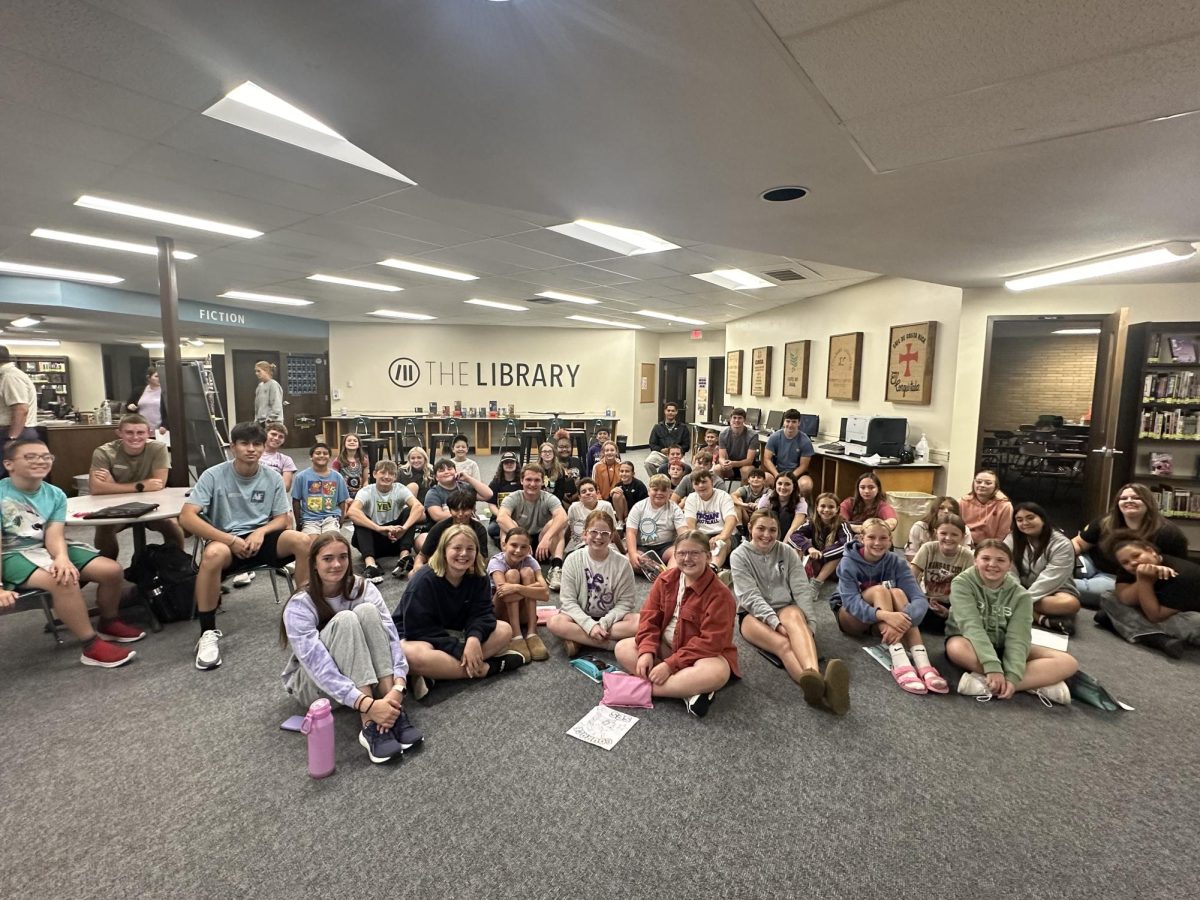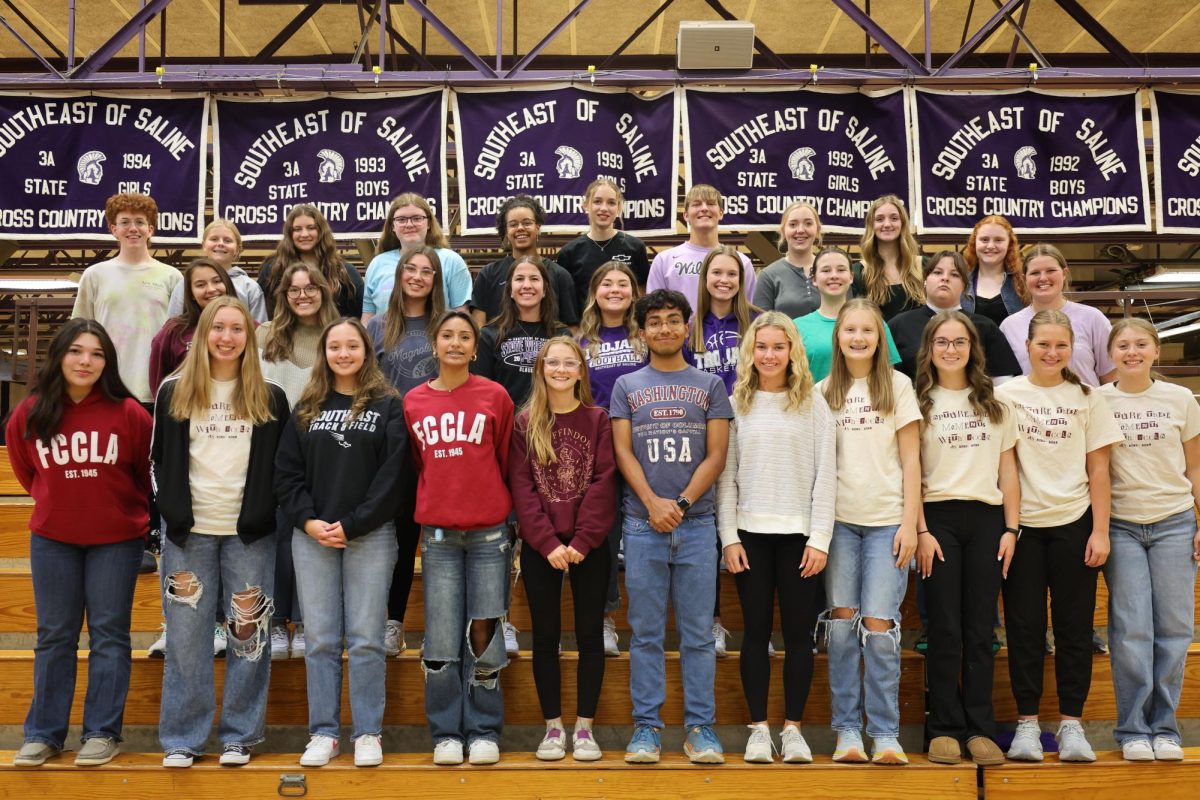With the presidential election now less than a year away, heated discussions over America’s political landscape become increasingly prevalent. Debate over policies, beliefs, and views are among some of the most argued topics, but a topic that affects voters the most is ignored so often: voter suppression.
Voter suppression, as grim as this may sound, has become a large factor within the American voting system. However, this can often be hard to find, as laws and actions come in many different forms and are often masked by ulterior motives behind them. Prime examples of disenfranchisement are overly strict voter ID laws, gerrymandering of districts, restrictions on mail-in ballots, and enforcement of unnecessary boundaries in the voting process.
Among these, gerrymandering is by far the most obvious form of voter suppression, as direct redistribution of voter populous has no other possible motive other than to split up like-minded voters in order to gain more voting power in electoral districts. Both major political parties are guilty of gerrymandering occasionally, and present gerrymandered districts still exist. On a national level, the redrawn districts made after the 2020 census have since balanced out to roughly equal levels for both parties.
Regardless of the current balance, this isn’t a permanent solution. Local and state levels are still redrawn in egregious proportions in states like Texas, Pennsylvania, Kentucky, Ohio, Arkansas, and Maryland, among others. Historically, especially after the 2010 redistribution of districts, republicans have benefitted more from gerrymandering. From 2012 to 2016, republicans saw a bare minimum of +17 additional seats to the proportional representation via populous voting, reaching a high of 21 in 2016. (Brookings Institution)
Ironically, several of the states mentioned above are also listed as the states that have cut down on polling locations the most within the past few years. States such as Maryland, California, Nevada, Kentucky, and North Dakota are among the highest losses in this category.
In addition to this, many states have enacted harsh and restrictive laws hindering voters and poll workers.
For example, Georgia lawmakers famously made it illegal to provide food and water to voters standing at the polls. This is especially prevalent because Georgia is known for its extremely long voting lines.
Texas, on the other hand, has handed extreme and harsh punishments for what seems like innocent mistakes in voting. Crystal Mason, the defendant in Texas V. Mason, is a great example of this type of action. The defendant was handed a 5-year sentence in prison for casting a provisional ballot incorrectly. (“Texas v. Mason”)
While many will discover these situations and quickly call out voter fraud, it should be known that in-person voter fraud is extremely rare. In fact, it was found by the Fifth Circuit Court of Appeals that only two genuine cases of in-person voter fraud were found out of 20 million ballots cast. (Ansolabehere)
For an enhanced perspective, there were a total of just 475 potential voter fraud cases in the six disputed battleground states during the most recent election, a number that would not have swayed a single state at all.
Moving further into restrictive voting laws, a former law from Kansas itself comes to mind. In 2011, Kris Kobach perpetuated a law that required Kansas voters to show “proof of citizenship” The then-secretary of state cited false claims of illegal voting by non-citizens. This bill, requiring additional forms of identification like a birth certificate or a passport, barred roughly 30,000 Kansas citizens from voting in the following election. This law was then challenged by the ACLU, which won the case in 2018, with an affirmation of the victory in 2020. While the law has since been removed, it still denied voters their right to participate in elections and highlights a clear motive
The problems within our voting system have been outlined, but how can these issues be solved?
One of the most popular movements toward increasing voter freedoms has been the advocation of ranked-choice voting, a system in which voters can vote for candidates in order of preference. If a candidate has a majority of first-choice votes, then they are elected, but if nobody has more than 50%, the candidate who did the worst is then eliminated. This continues until someone gains 50% or more of the votes.
This form of voting effectively eliminates the need for political polarity, as voters don’t have to worry about “wasting their vote” on third-party options. Instead of voting for the lesser of two evils like elections so often degrade into, voters can put their votes into potentially more worthy candidates with smaller platforms.
The issue with this form of voting is that the two dominant political parties are often opposed to the idea on a large scale, as it threatens their power gained through the divisions made through political polarization. To simplify this, many politicians in power now have their positions because they are the “lesser of two evils”. When third-party candidates with more favorable positions are then given a chance to compete, it eliminates the need to choose between two undesirable choices. Despite the large-scale opposition, advocates of the system have found great success in places like New York City, Maine, Alaska, and Hawaii.
Ranked choice voting is not the only solution, though, as responsible voting habits can help put candidates who want to end the cycle into power. By voting this next November, we can all ensure that our nation can be in good hands for the future. As hopeless as it sometimes seems, getting out and voting is necessary to keep our democracy in place and to protect our freedoms.
Works Cited
Ansolabehere, Stephen. “IN THE UNITED STATES COURT OF APPEALS FOR THE FIFTH CIRCUIT.” Brennan Center for Justice, 20 July 2016, https://www.brennancenter.org/sites/default/files/legal-work/2016.07.20_En%20Banc%20Opinion.pdf. Accessed 17 November 2023.
Brookings Institution. “The gerrymander myth | Brookings.” Brookings Institution, 17 March 2023, https://www.brookings.edu/articles/the-gerrymander-myth/. Accessed 14 November 2023.
“Texas v. Mason.” ACLU of Texas, https://www.aclutx.org/en/cases/texas-v-mason. Accessed 29 November 2023.













